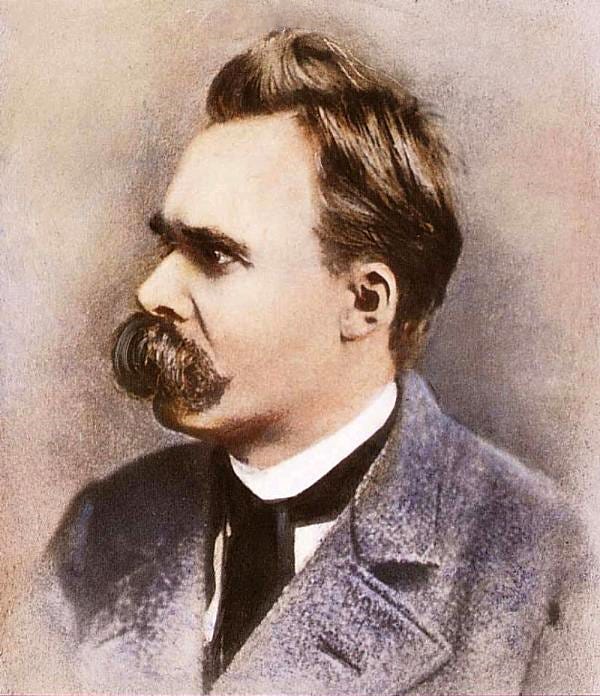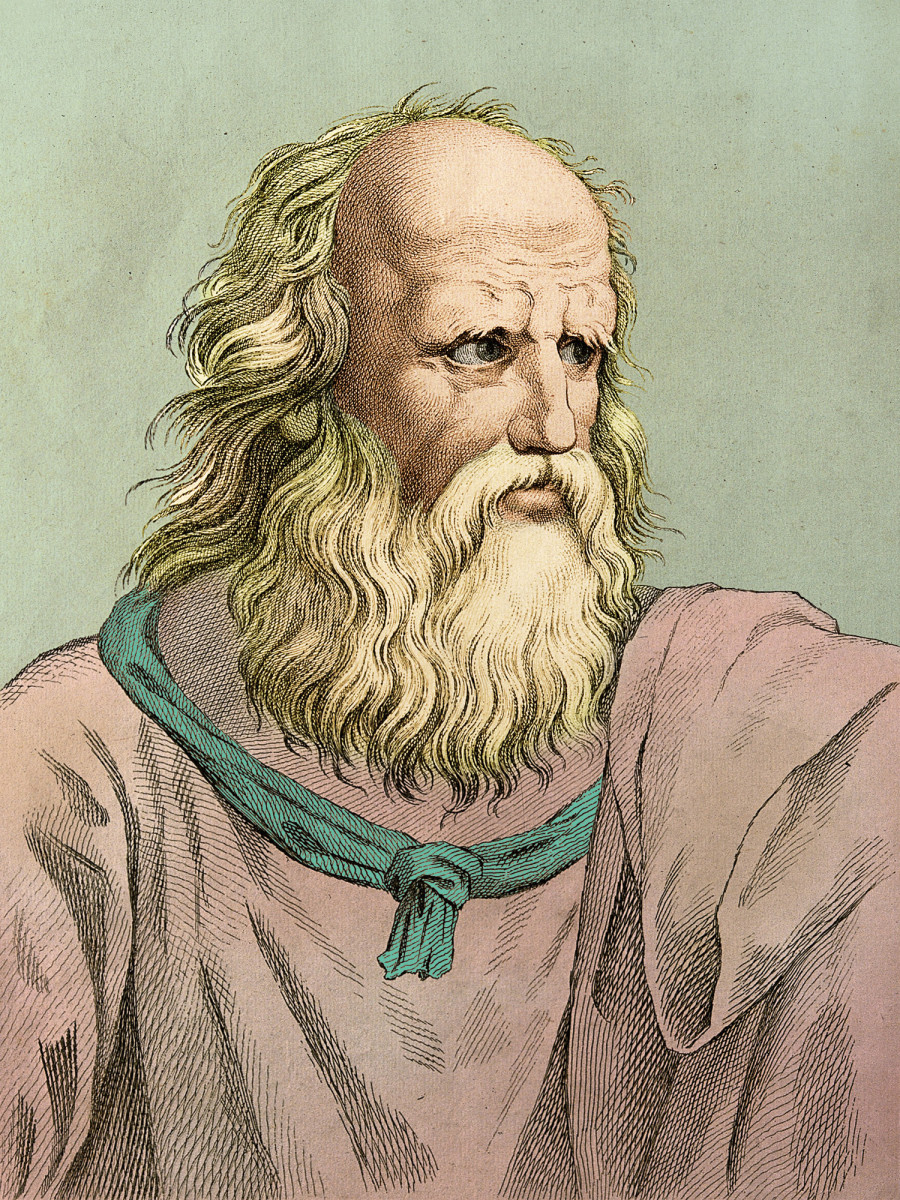Equality:
There are three types of equality expressed by various political philosophers of their times.
Aristotle’s Concept of Equality
Firstly, Aristotle gave the concept of equal consideration of interests. It means that everyone should be given equal benefits or interests, then equality can only be better served.

This purpose can only be achieved through a monarchical system of government because to a monarch, everyone under his rule would be equal to other ruled ones, so he would protect their interests equally.
Thomas Jefferson’s Concept of Equality
Thomas Jefferson—one of the primary authors of the US Declaration of Independence—and Tecumseh conceptualize equality in terms of equality of natural rights.

The Declaration’s political theory states that individuals are created naturally equal, so they possess natural rights; it is the duty of the government to protect these rights; if the government aggresses against these natural rights, then individuals may overturn such governments.
Chico Mendes’ Concept of Equality
Chico Mendes articulated the concept of equality of participation, which means that equality in the process of decision-making is the only way to ensure equality of results.

Equality in terms of Human Essences
Actually, the second and third concepts of equality are anti-Aristotelian concepts. Jefferson’s equality is the only equality discussed not in political terms but in terms of human essences.
It means that equality should not be viewed as an attribute of decisions but instead, be seen as an attribute of people. To him, rights are part of human nature itself. Insofar as each of us is equally human, none of us can possess it to a greater or lesser extent than others.
So, it proclaims the morality of revolution against a government that would deny the existence of these naturally existing rights. Similarly, Mendes’ concept of equality is also anti-Aristotelian.
To Mendes, if no one can understand the life of the rubber-tapper as well as the rubber-taper himself, then how can someone else, in Aristotelian fashion, determine, consider, and serve the interests of the rubber-tapper?
But to Aristotle, in equal participation, Mill’s ‘General Will’ will prevail, through which the minority will have to live at the mercy of the majority. This system will not serve the purpose.
In a democracy, the rule of equality in participation is adopted, which breeds inequality in society. It is an illusion of democracy that everyone sees himself as equal to other citizens, but the real interest of the majority is only served here. There is a need to develop a system based on the consideration of equal interests.
Morality:
Friedrich Nietzsche gave us the concept of two types of morality: slave morality and master morality.

Slave Morality and Master Morality
Slave morality is defined by him as a morality serving the interests of the weak, while master morality is the ethical code that serves the strong and praises attributes of strength, conquering, ruling, and dominating.

Slave moralities condemn as bad what is called good by master moralities, and master moralities condemn as bad what is termed as good by slave moralities. Both are self-serving in nature.
Neither morality nor its context provides the concept of good or bad that exists beyond. Democracy, from a Nietzschean perspective, is an example of slave morality if it preaches that none should be more privileged than others.
On the contrary, democracy is also acting as a tool of master’s morality because it serves the interests of rulers at the expense of ruled ones—the followers of slave morality, i.e., ruled ones.
So, it is the illusion of democracy that promotes morality for common purpose or benefit. Everyone thinks that he is getting the benefit, but it is actually the manipulation by the “masters” of their “slaves” and by the “slaves” of their “masters”.
Justice:
Plato thinks that if each person follows his or her nature, then he is acting justly, and when each person is acting justly, then the state itself would be just.

He states three types of attributes in humans, of which the dominating one defines the personality of the person. These are desire, courage, and reason, forming three classes, i.e., of workers, military leaders, and philosophers.
To him, philosophers can only be true kings to rule in the best interests of all. But democracy demands equality of participation, negating these very attributes of the human nature of the platonic world and putting the world under the illusion that they are living in a just system. Though a Platonian state is not achievable, we can try to form a just system in the best interest of all.
Power:
In a democratic state, power is usually placed in different hands to avoid manipulation, but this separation of power actually creates many pressure groups which prove hurdles in the way of the smooth functioning of government.
This illusion is taken as a necessary evil for the delivery of good service and formulation of the current welfare state, but unity of power is presented by many political philosophers, such as the Aristotelian monarch, Hobbesian Leviathan, and Machiavellian Prince. Power merged into one institute, body, or person can easily be applied in the best interest of all.
Liberalism:
The classical liberal philosopher, Locke, says that human nature is characterized by freedom, equality, and reason. So, he claims that in the state of nature, there are no rulers to whom we owe obedience.
Thus, to him, there should be a minimum involvement of the state in an individual’s life because man is rational and can decide for himself better. Then Adam Smith further elaborated on liberalism by giving it a capitalistic touch.
He said an individual is a rational being so he can pursue his interests. He views inequality in society as a sign of development. But it actually is the precursor of disappointment among people and defeats the purpose of the state. A balanced system is required in which states check the transactions and protect innocent people because not everyone is as rational as liberal democratic views.
These classical liberals were succeeded by modern liberals who believe in “expansive liberty” and are promoters of the government’s role in regulating economic and social interactions. Modern liberalists define freedom in broader, more expansive, and more inclusive terms. T.H. Green’s liberty is the freedom to expand the boundaries of human potential and to become a creative, contributing member of society.
So, modern liberals promote “positive liberty” and have called for the government to assist struggling ones while restricting those who deny others the fullest realization of human potential.
This shift towards modern liberalism is proving that state involvement in public life is necessary for the peaceful growth of a society. In the future, a time will come when states will again move back towards monarchies in order to get protection; when the state’s involvement in an individual’s life is at its climax.
So, democracy is not a suitable state system to be adopted for the progress of the state and the protection of all. The illusions propagated for the promotion of democracy are actually perceived by the world as a key to peace and development.
But it is the manipulation of all in the interest of some. It also applies to the world – a tool for the poor west to manipulate the rich and peaceful east. Because in the 1930s, the world’s richest person living in the east—Nizam of Hyderabad—and now has been looted by the west through this “fantasy”.






